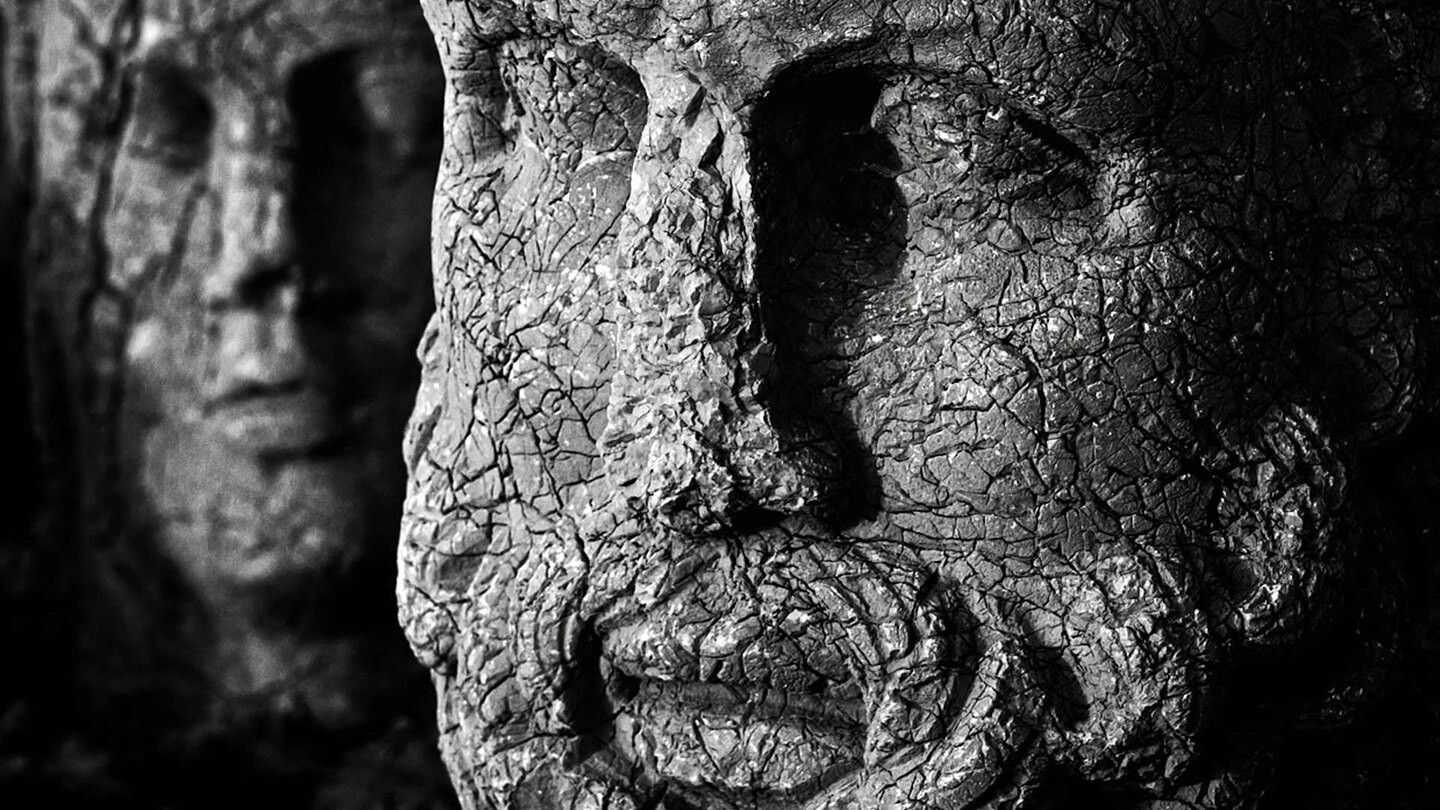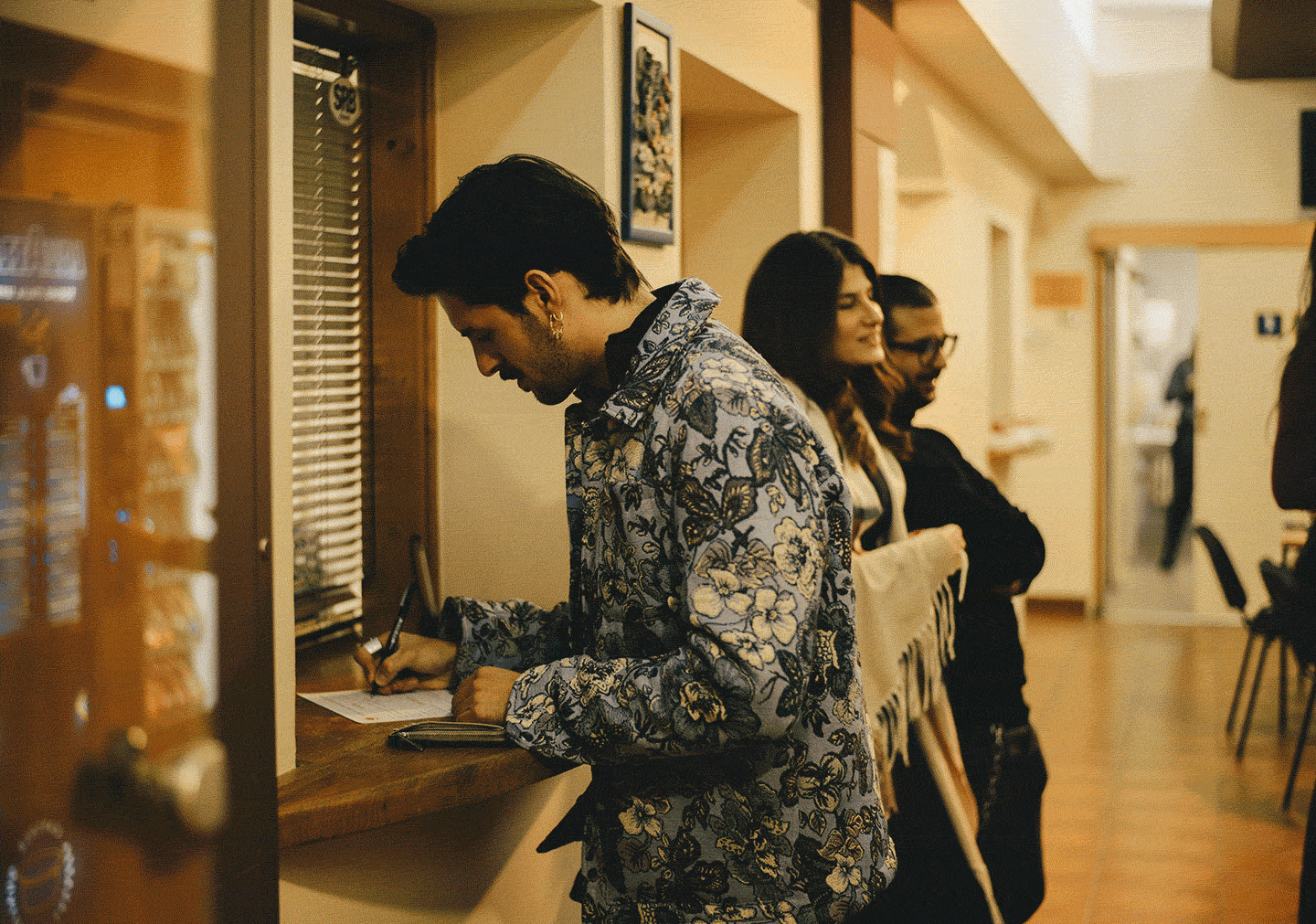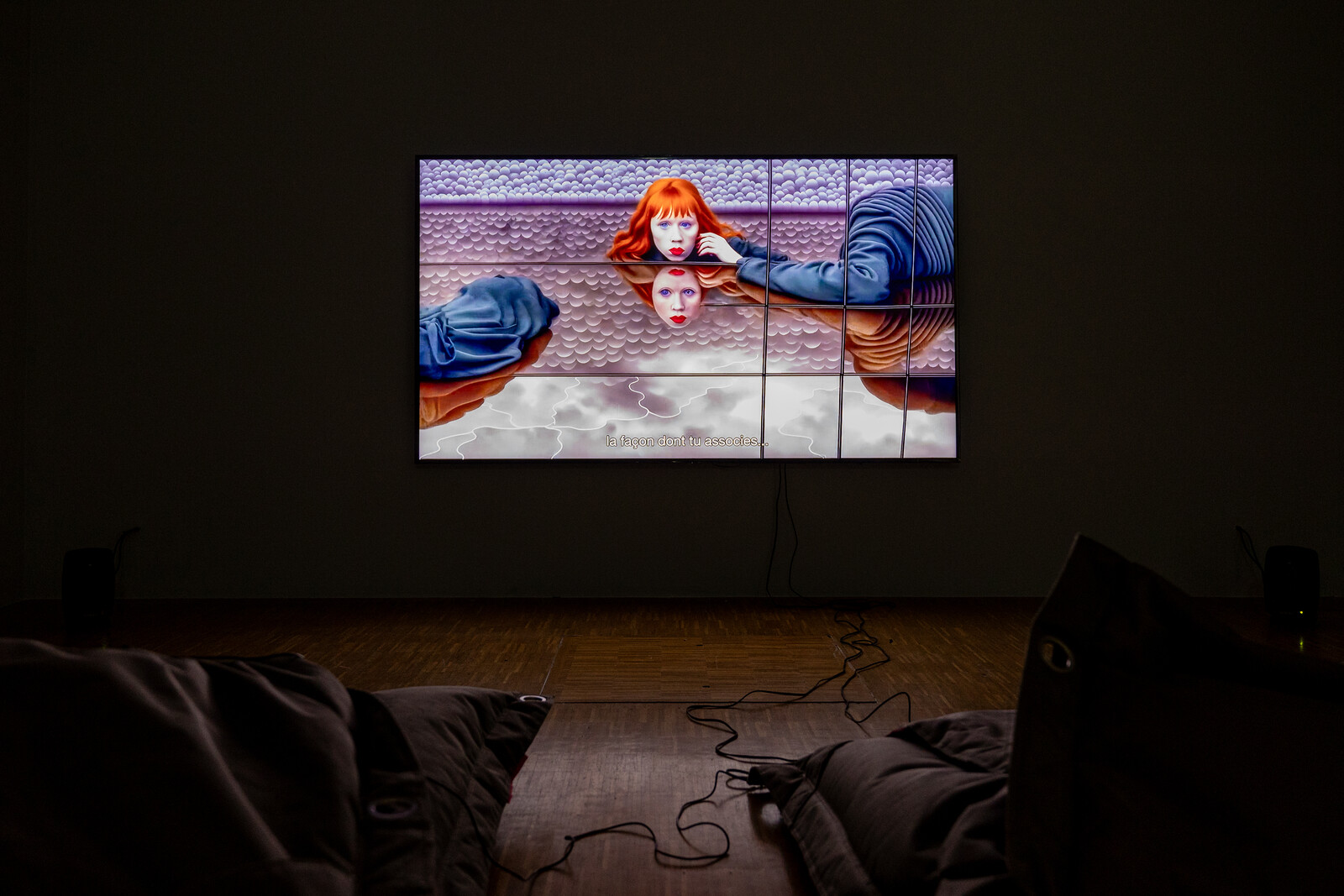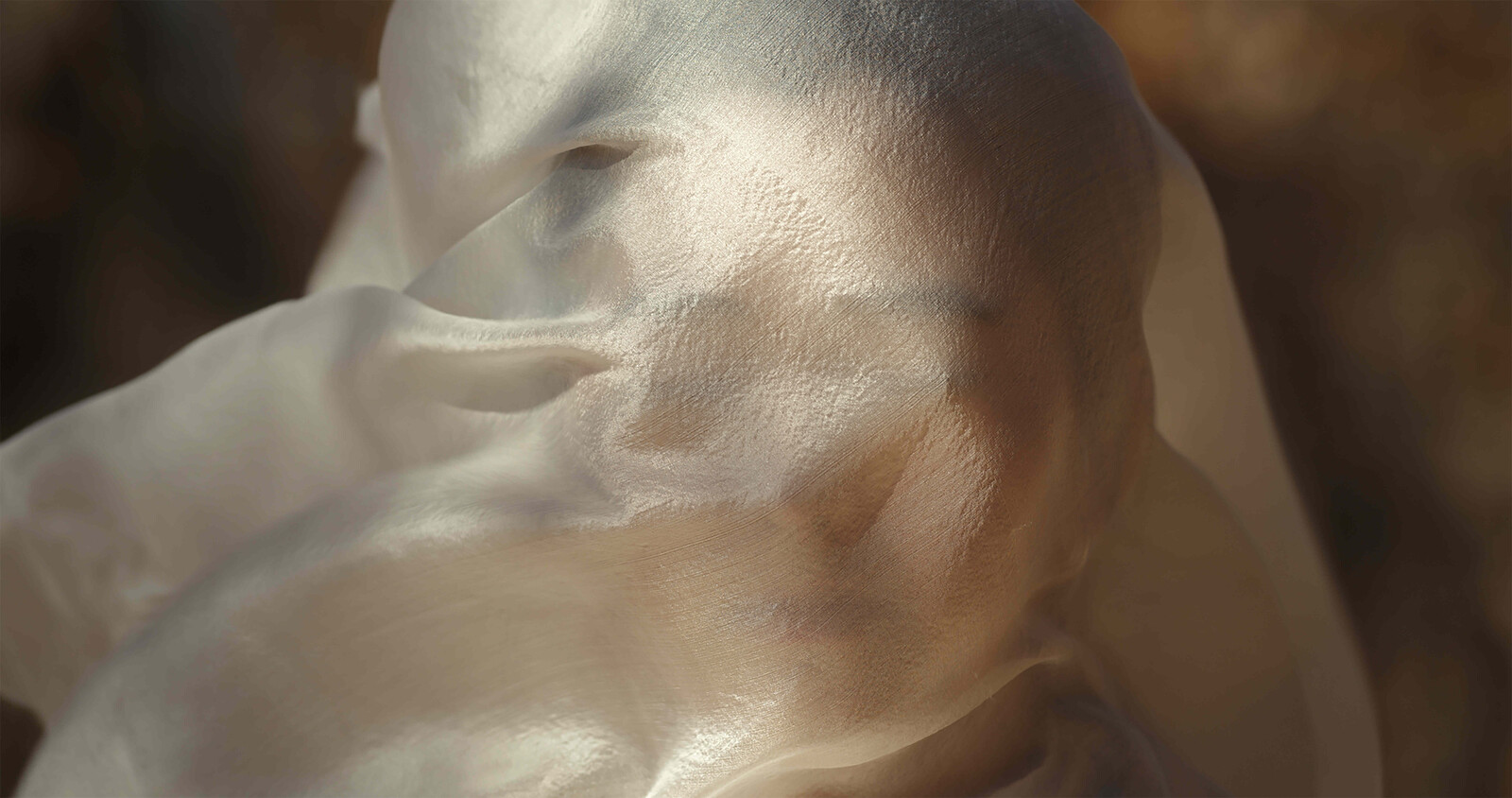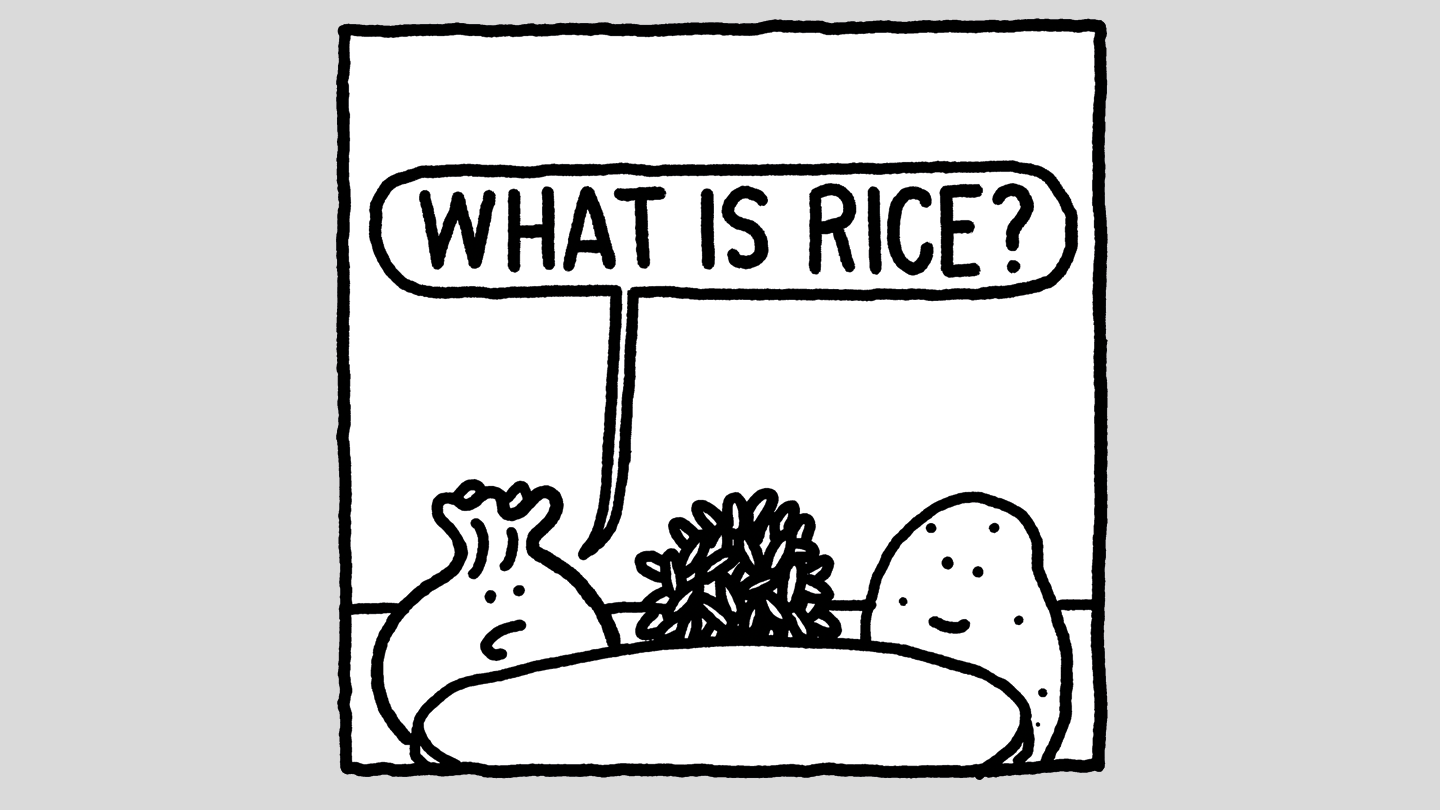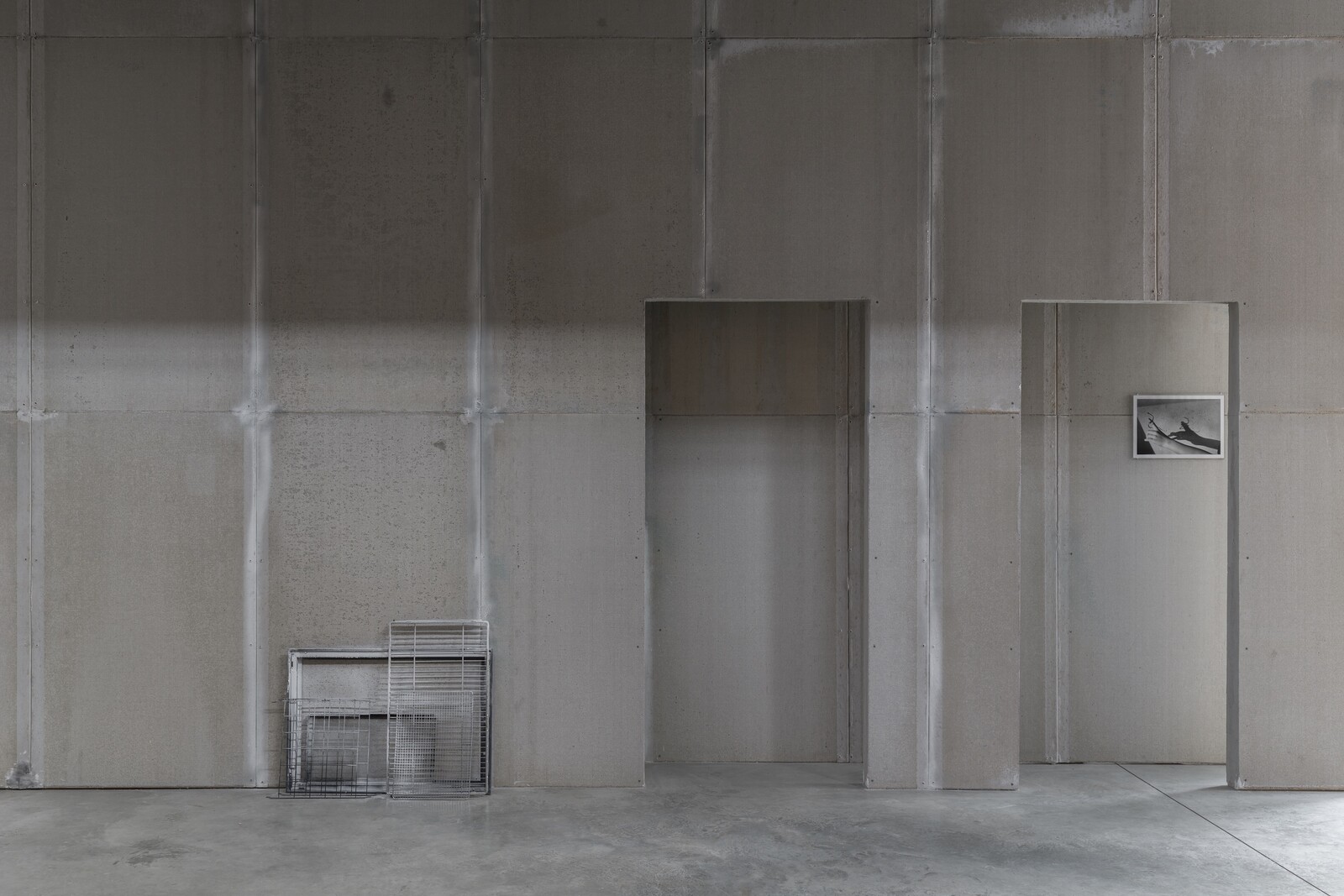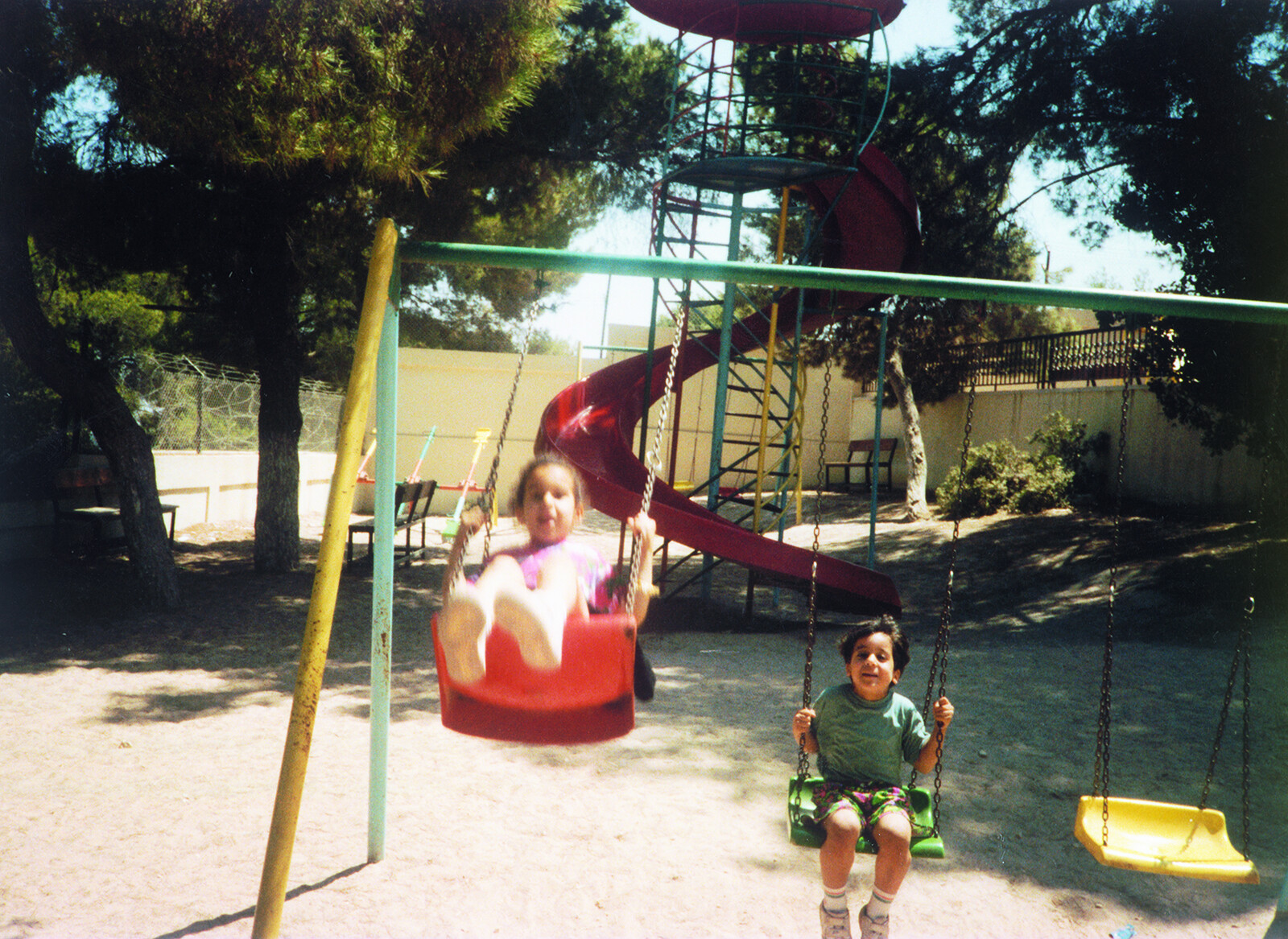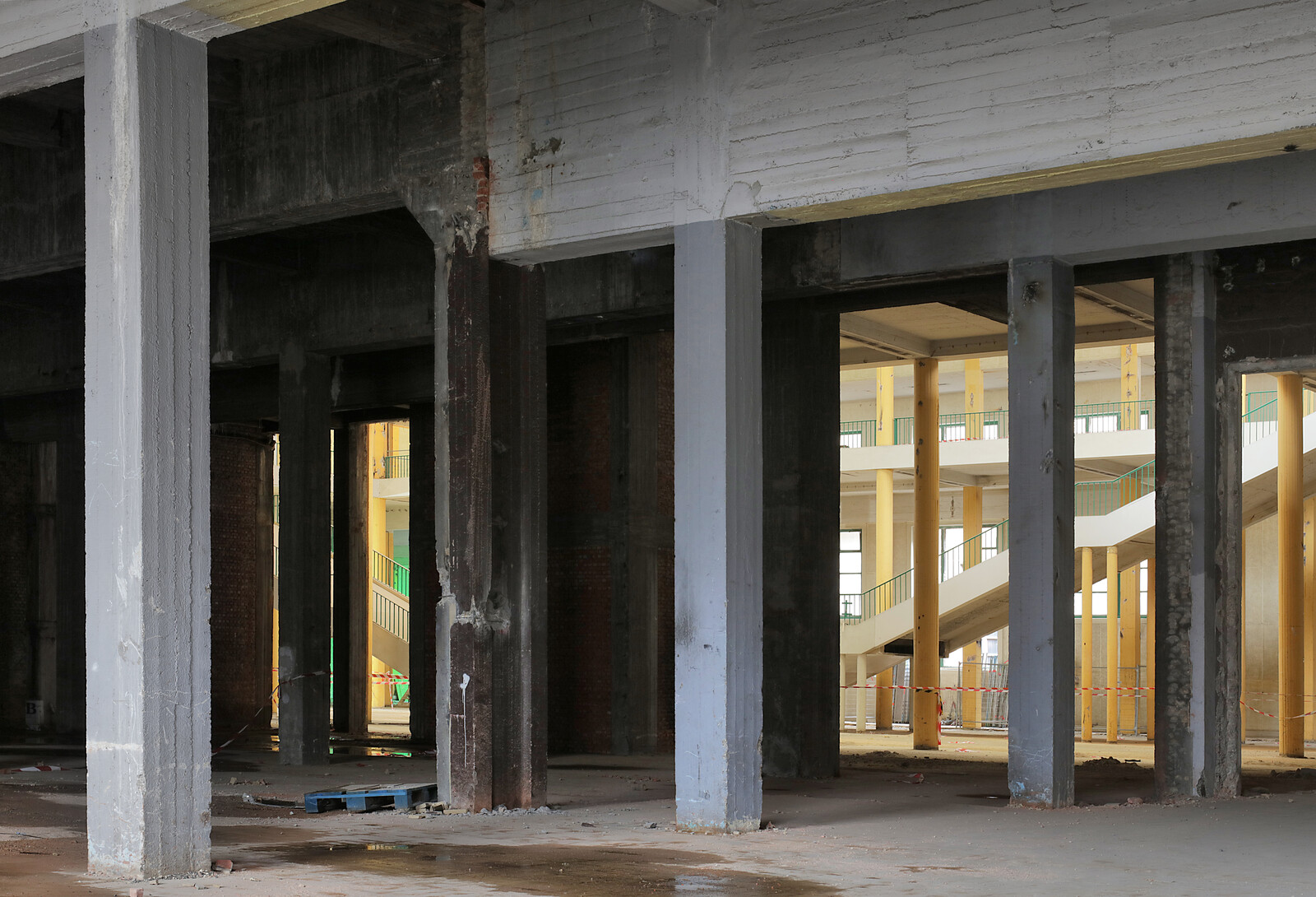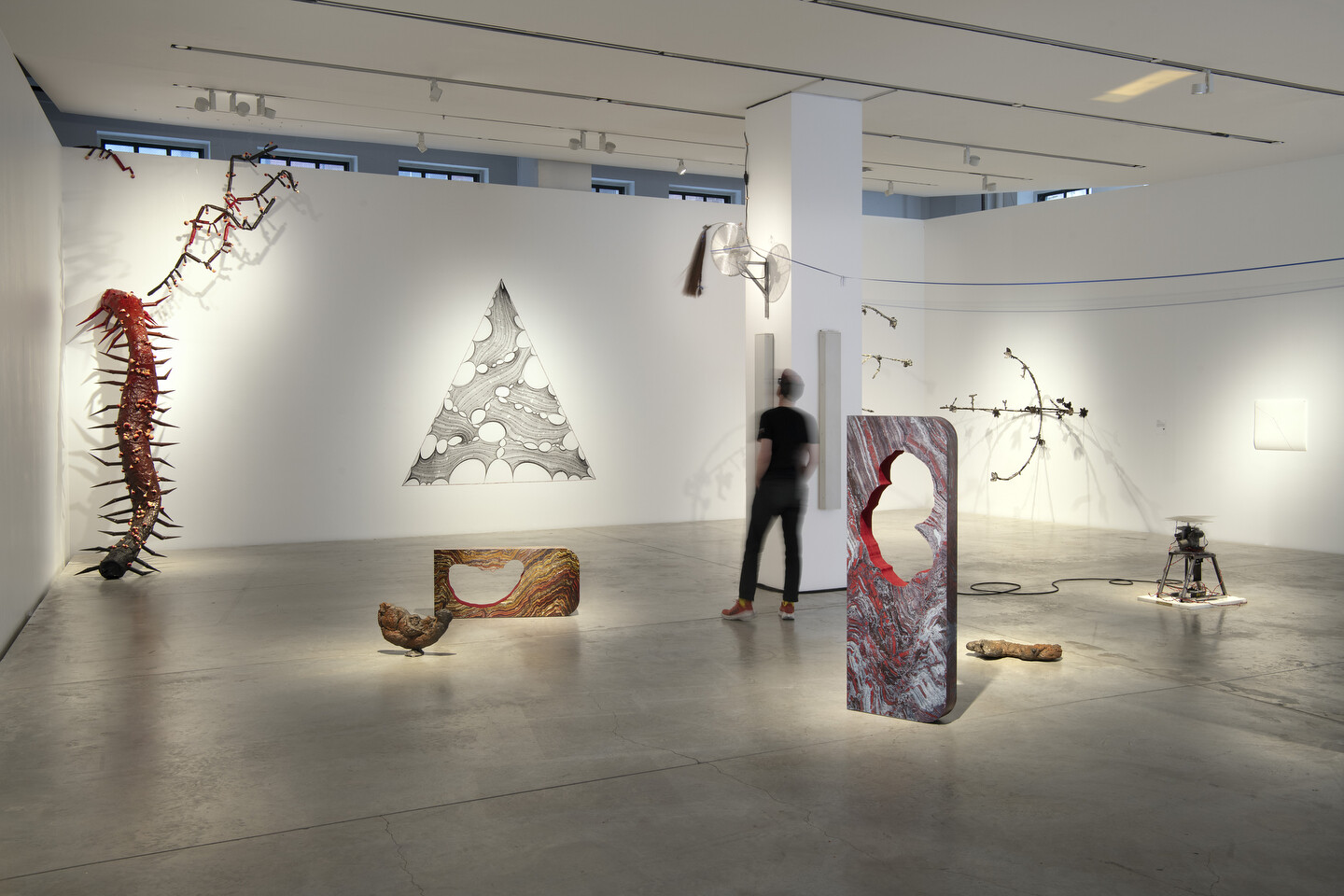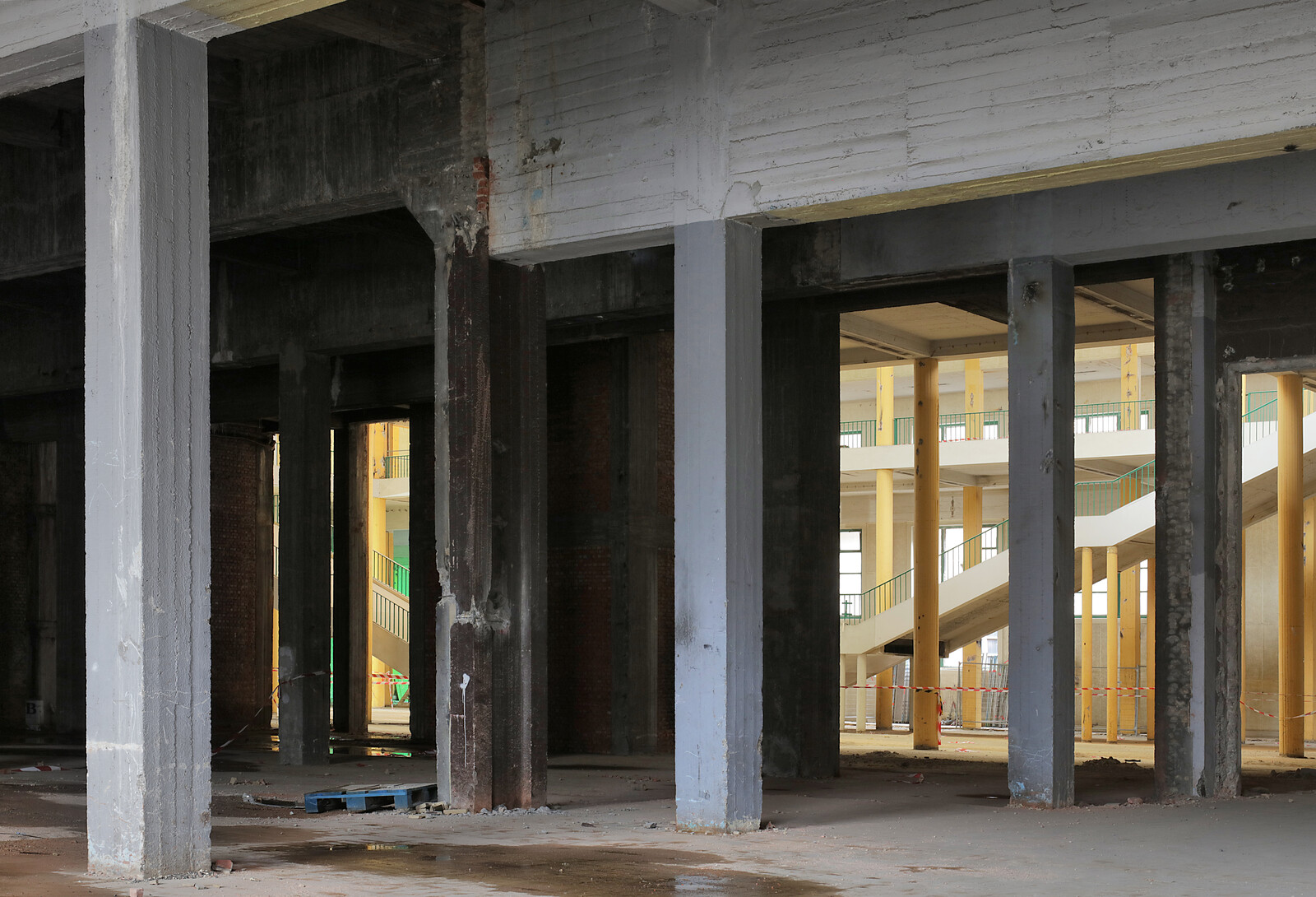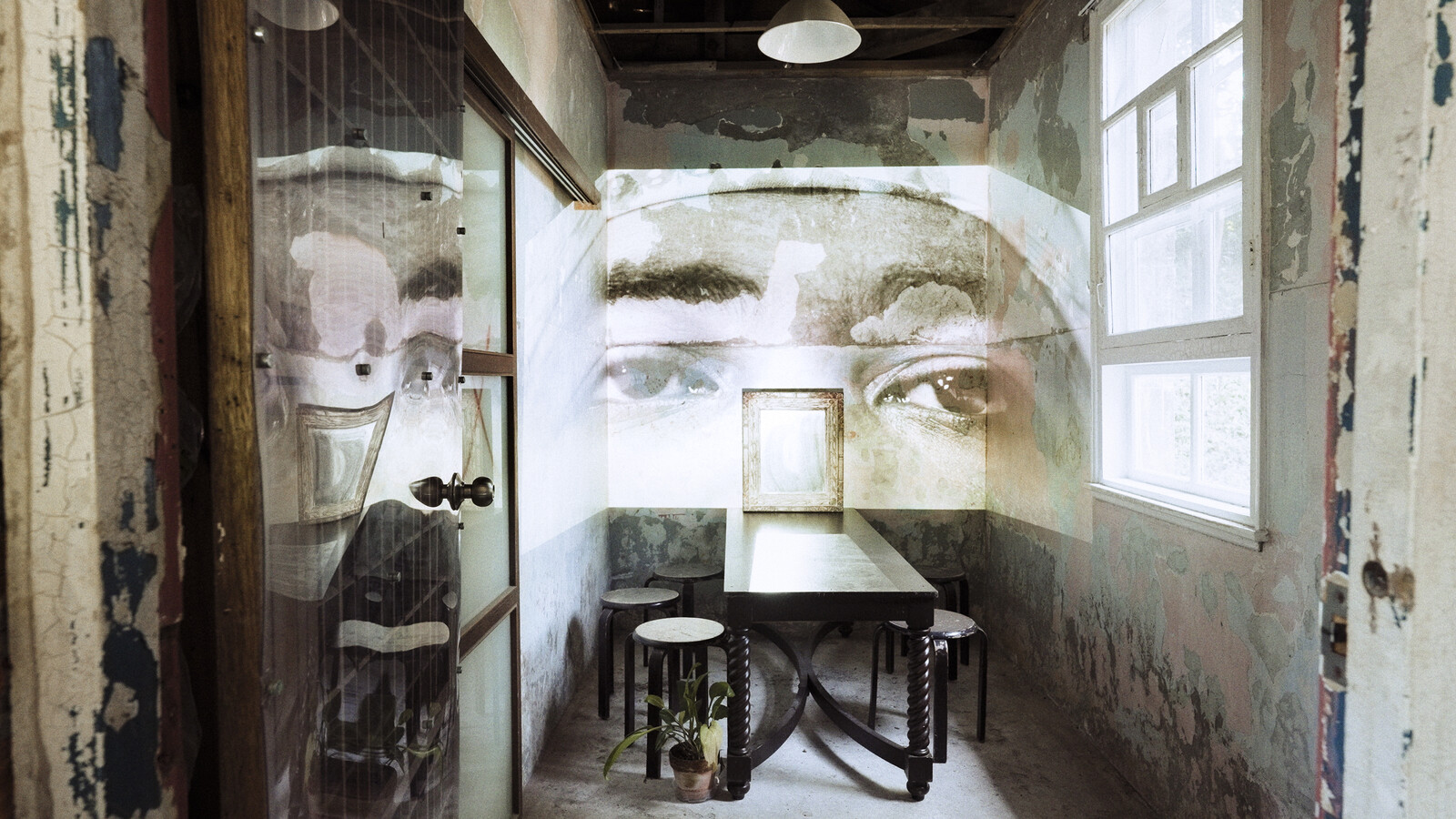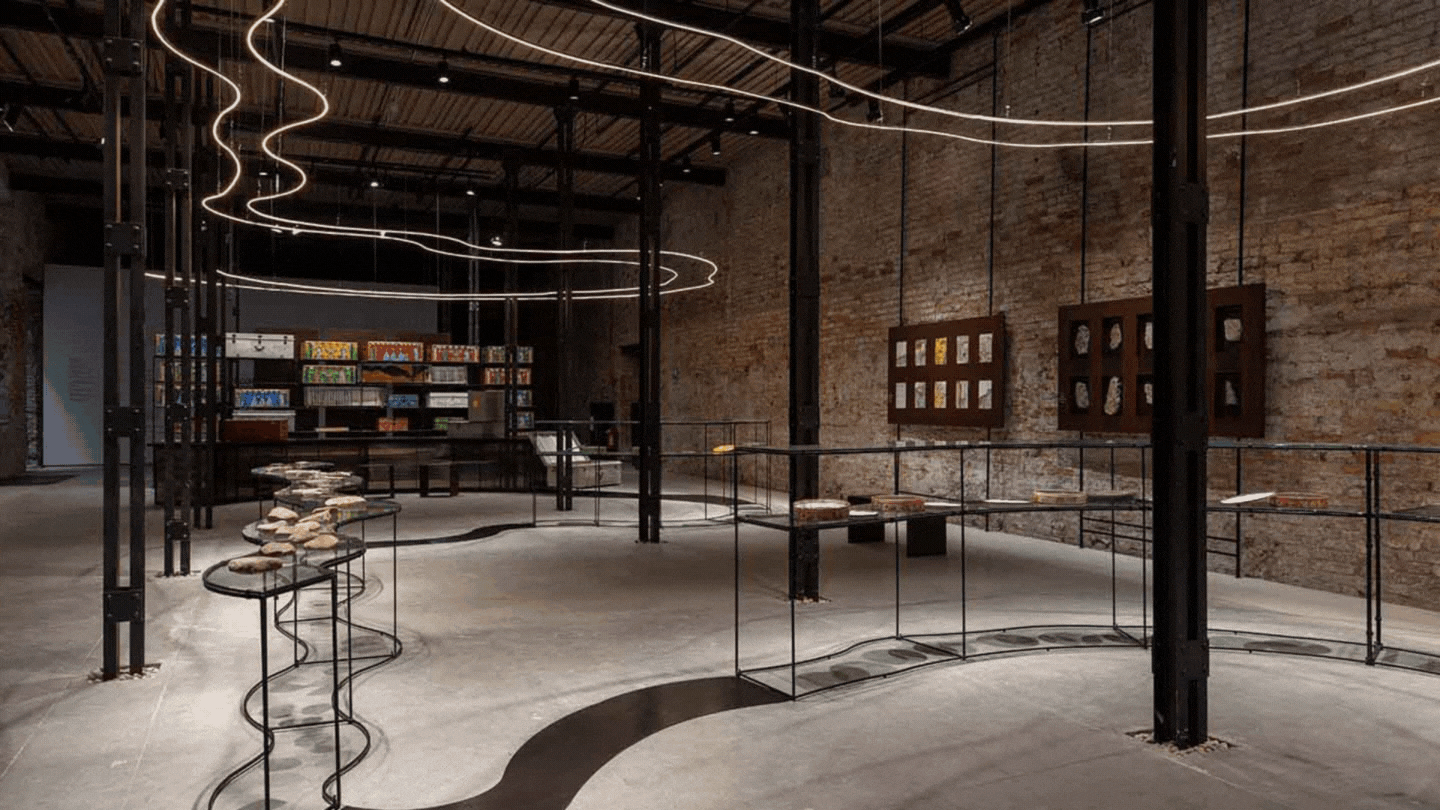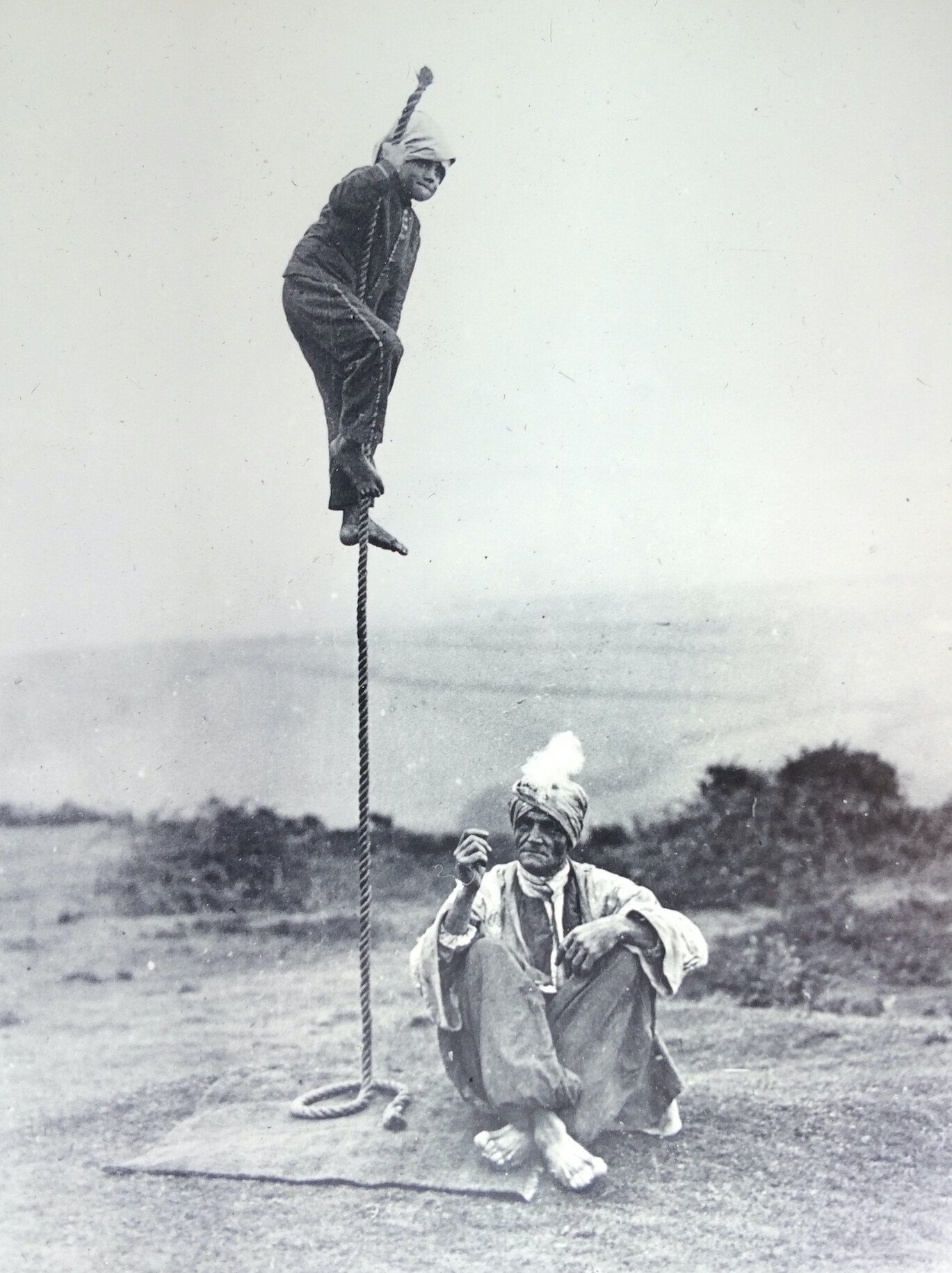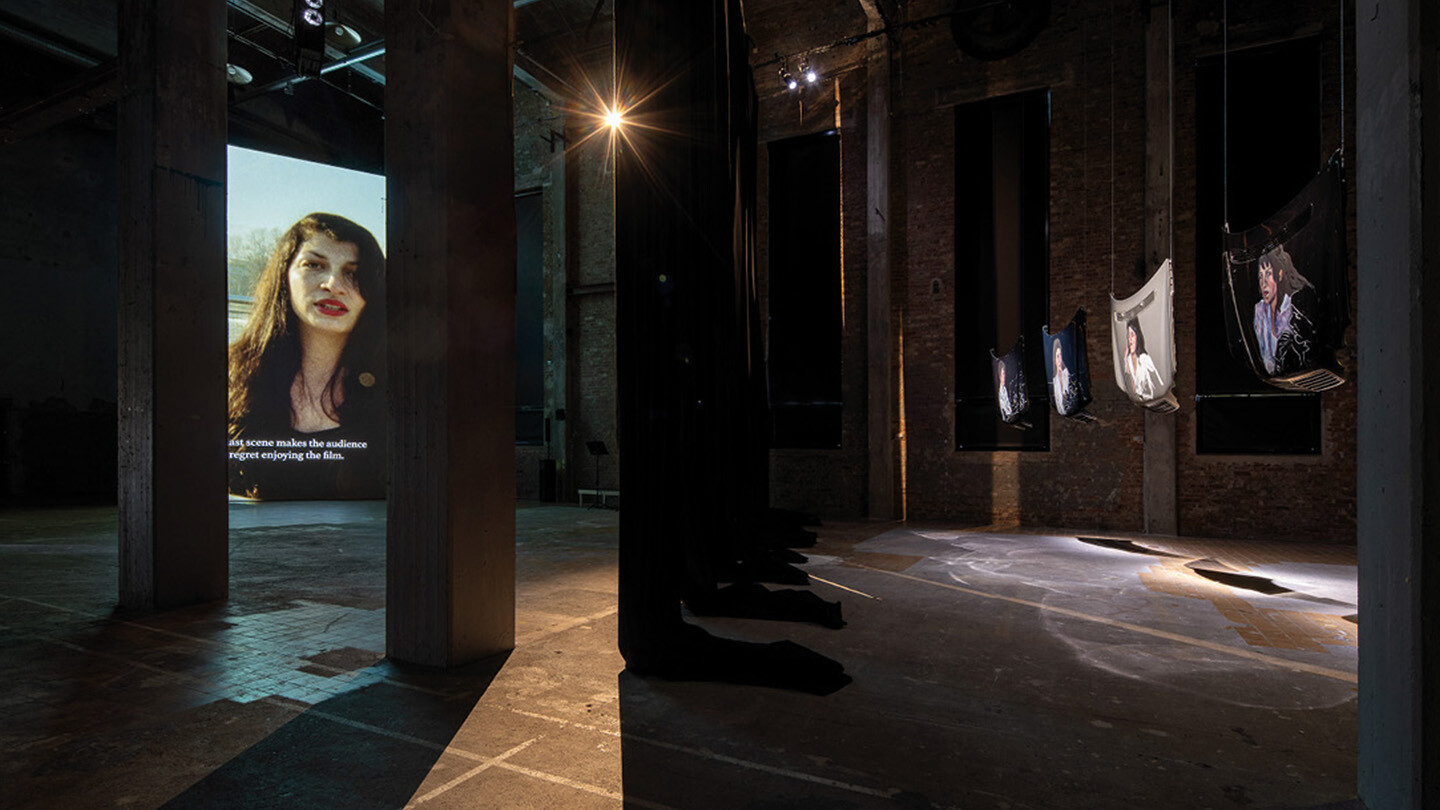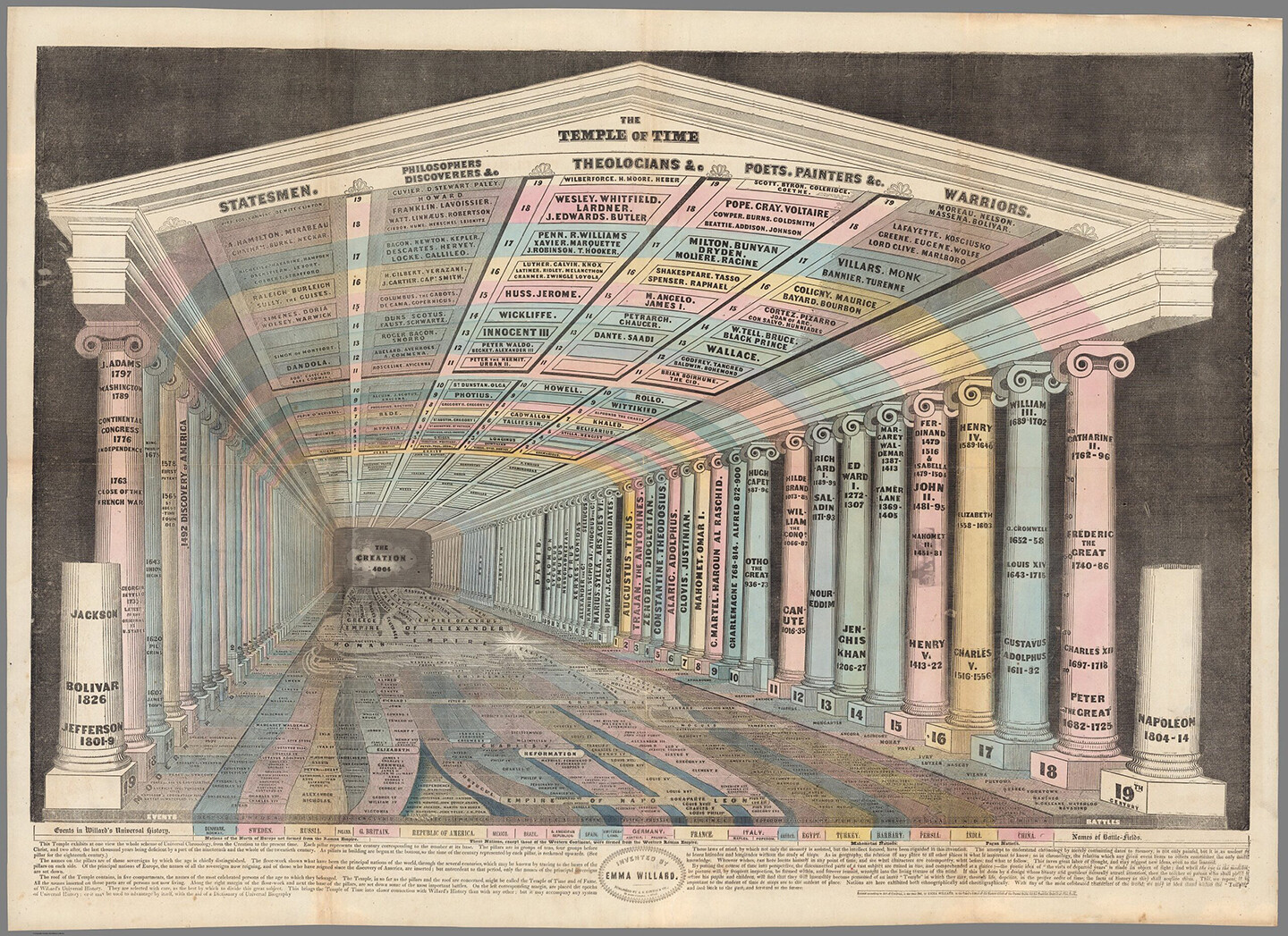Under the Falling Sky: Films by Gürcan Keltek, Ali Cherri, and An-My Lê
Svetlana Romanova: Voyage of Jeanette
Mykola Ridnyi: The Kharkiv Trilogy
On landscapes, ruins, and patterns of remembering
I. Mind and Machine: Jesse McLean and Alain Resnais
Launch of e-flux journal #144
The brain is the first axis of Ashley’s art of memory (and perhaps its main “landscape” since it is freed from figurative bonds). This is the axis of the inaudible, the imperceptible. It is faster than the vibrations of the throat. This is modernity. It brings speed. Or rather an extreme variety of speeds. And, if we believe Ashley, the brain is unity, the coordination between the mind and the body through which we become whole.
The reason for the progressive collapsing of all memory into the two-dimensionality of a linguistic plane correlates to immortality, implying the infinite repetition of all possible circumstances. In other words, Borges seems to say that everyone will be everyone, sooner or later bound to write all possible books. In this conception of temporal events and their reduction to language, individual lives and consciousnesses are inexorably flattened to an infinitely repeated script: this is the final transformation of every memory into “words”—or sounds, we might add.



